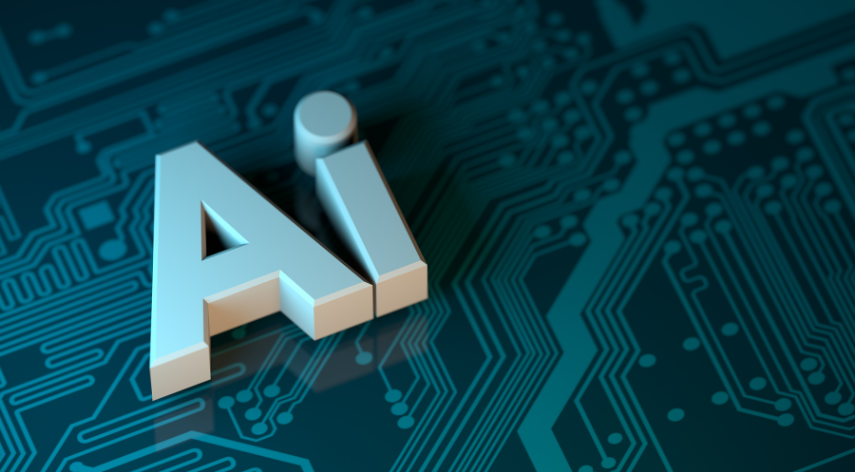Maxtechonline.com artificial intelligence
In today’s rapidly evolving digital landscape, artificial intelligence (AI) has become a buzzword that signifies the pinnacle of technological advancement.
From enhancing everyday tasks to revolutionizing entire industries, AI is at the forefront of innovation.
But what exactly is AI, and how does it impact our lives? Let’s dive into the world of artificial intelligence with a special focus on MaxTechOnline.com, a leading platform in AI technology and insights.
What is Artificial Intelligence?
Definition and Overview
Artificial Intelligence, commonly known as AI, refers to the simulation of human intelligence processes by machines, particularly computer systems.
These processes include learning (the acquisition of information and rules for using the information), reasoning (using rules to reach approximate or definite conclusions), and self-correction. In essence, AI enables machines to think, learn, and adapt in ways similar to humans.
Types of Artificial Intelligence
AI can be broadly categorized into two types:
- Narrow AI: Also known as weak AI, this type is designed to perform a narrow task (e.g., facial recognition or internet searches). It operates under a limited set of constraints and scenarios.
- General AI: Also referred to as strong AI, this type possesses the ability to perform any intellectual task that a human can do. It is capable of generalizing knowledge and applying it to various scenarios.
History of Artificial Intelligence
Early Beginnings
The concept of artificial intelligence has been around for centuries, with early myths and stories about intelligent automatons.
However, the formal foundation of AI was laid in the mid-20th century with the advent of digital computers.
Milestones in AI Development
Significant milestones include the development of the Turing Test by Alan Turing in 1950, which set the stage for evaluating a machine’s ability to exhibit intelligent behavior.
Subsequent breakthroughs include the creation of the first AI program, “Logic Theorist,” in 1956, and the development of neural networks and machine learning algorithms in the following decades.
Also Read This Post : Darktide Chat Not Working
How Artificial Intelligence Works
Machine Learning
Machine learning is a subset of AI that involves the use of algorithms and statistical models to enable computers to improve their performance on a specific task through experience.
It relies on data and patterns to make predictions and decisions.
Neural Networks
Inspired by the human brain, neural networks are a series of algorithms that attempt to recognize underlying relationships in a set of data.
They are particularly useful in tasks like image and speech recognition.
Natural Language Processing
Natural language processing (NLP) allows machines to understand, interpret, and respond to human language.
This technology is behind virtual assistants like Siri and Alexa, enabling them to process and respond to voice commands.
Applications of Artificial Intelligence
Healthcare
AI is transforming healthcare by enabling faster and more accurate diagnoses, personalized treatment plans, and predictive analytics for patient outcomes.
Examples include AI-driven imaging analysis and robotic surgery.
Finance
In the financial sector, AI is used for fraud detection, algorithmic trading, and personalized financial advice. It helps banks and financial institutions improve efficiency and reduce risks.
Education
AI enhances the educational experience through personalized learning, automated grading, and virtual tutoring. It helps educators tailor instruction to individual student needs.
Entertainment
From recommendation algorithms on streaming services to AI-generated content, artificial intelligence is reshaping the entertainment industry.
AI helps create immersive and personalized experiences for users.
Transportation
Autonomous vehicles, traffic management systems, and predictive maintenance in transportation all benefit from AI technology.
These advancements promise safer and more efficient travel.
Benefits of Artificial Intelligence
Efficiency and Productivity
AI systems can handle repetitive and mundane tasks with high efficiency, freeing up human workers to focus on more complex and creative activities. This leads to increased productivity and innovation.
Innovation
AI drives innovation by enabling new solutions and approaches to problems. It accelerates research and development across various fields, leading to groundbreaking discoveries and advancements.
Decision-Making
AI provides data-driven insights that enhance decision-making processes. By analyzing vast amounts of data, AI helps organizations make informed and strategic choices.
Challenges and Risks of Artificial Intelligence
Ethical Considerations
As AI systems become more autonomous, ethical questions arise regarding their decision-making processes and accountability. Ensuring that AI operates within ethical boundaries is crucial.
Privacy Concerns
AI’s ability to collect and analyze personal data raises significant privacy issues. Protecting user data and maintaining transparency is vital to building trust in AI technologies.
Job Displacement
The automation of tasks traditionally performed by humans poses a risk of job displacement. While AI creates new opportunities, it also necessitates a shift in workforce skills and training.
The Future of Artificial Intelligence
Emerging Trends
The future of AI is marked by trends such as the integration of AI with the Internet of Things (IoT), advancements in quantum computing, and the rise of AI ethics and governance frameworks.
Potential Developments
Potential developments include more advanced AI models, greater human-AI collaboration, and the expansion of AI into new domains like space exploration and environmental conservation.
Impact on Society
AI will continue to shape society by transforming industries, creating new economic opportunities, and addressing global challenges. Its impact will be profound and far-reaching.
Artificial Intelligence in Business
Enhancing Customer Service
AI-powered chatbots and virtual assistants improve customer service by providing instant responses and personalized interactions. They help businesses meet customer expectations efficiently.
Improving Operations
AI optimizes business operations through predictive maintenance, supply chain management, and process automation. This leads to cost savings and improved performance.
Data-Driven Strategies
AI enables businesses to leverage big data for strategic decision-making. By analyzing trends and patterns, companies can develop data-driven strategies that enhance competitiveness.




Post Comment